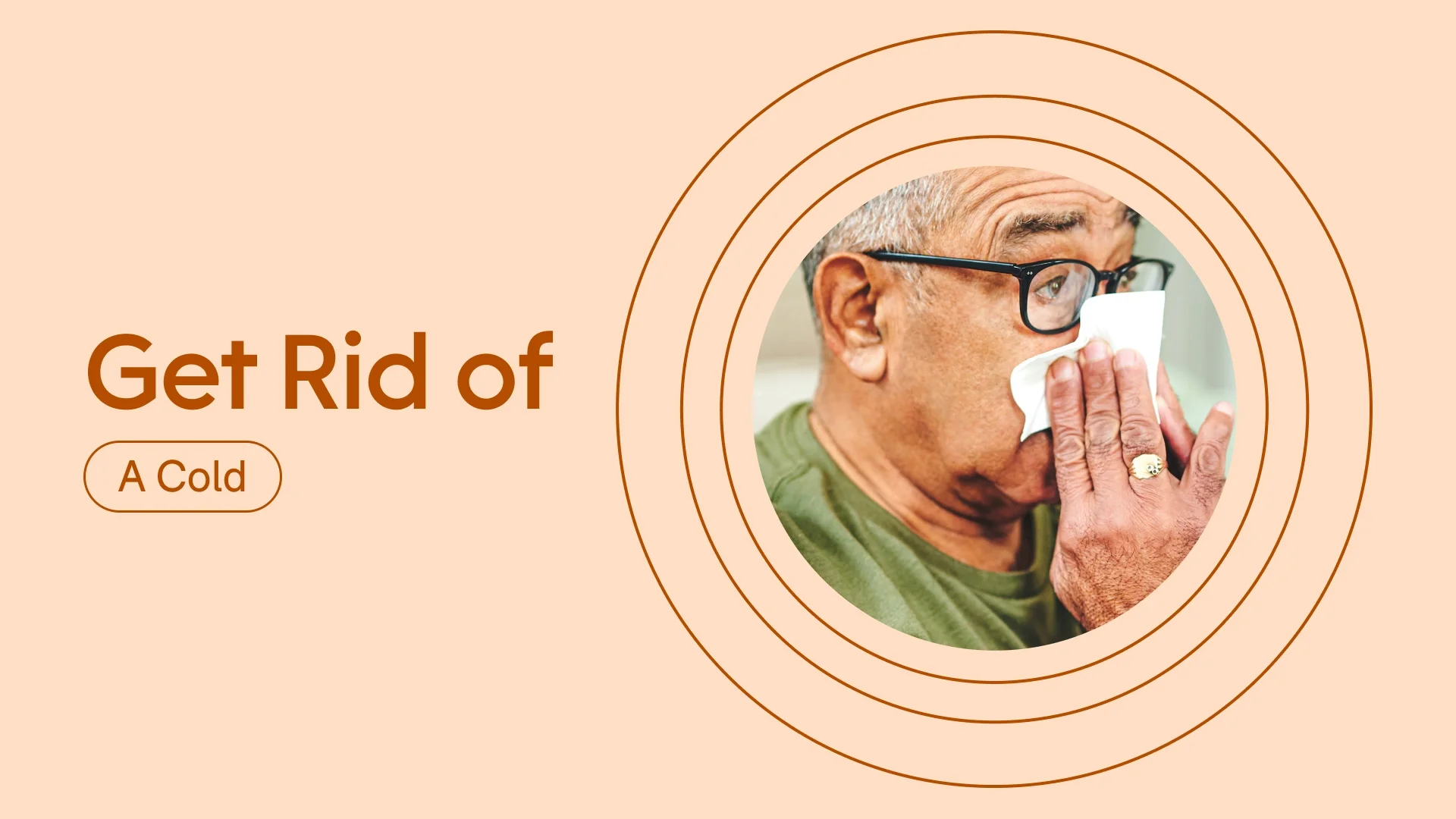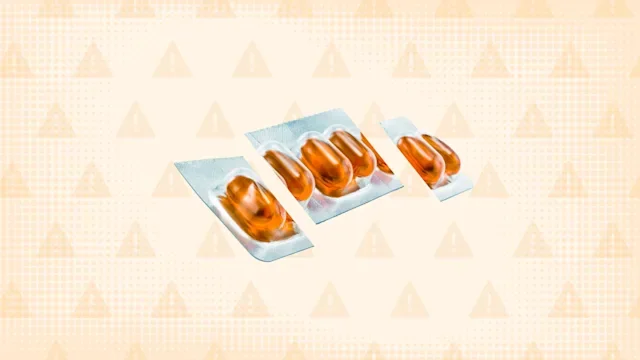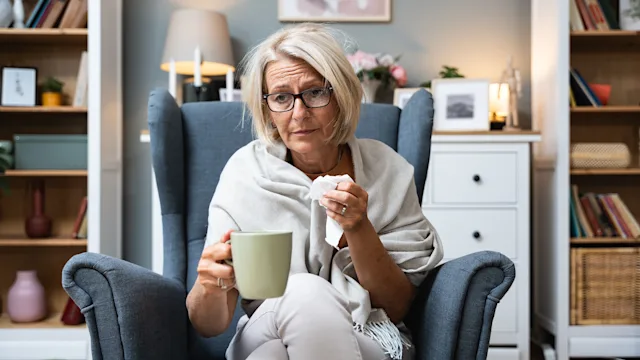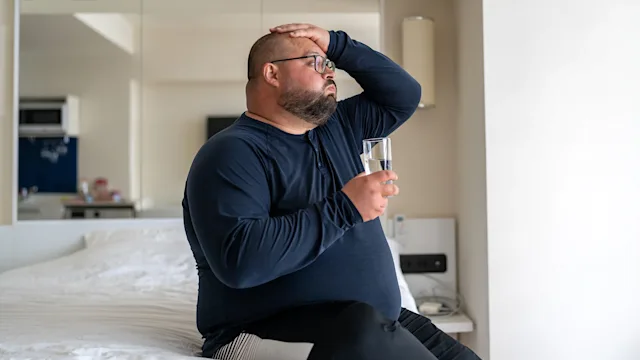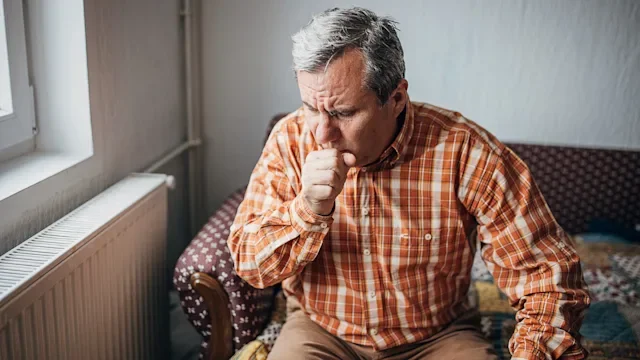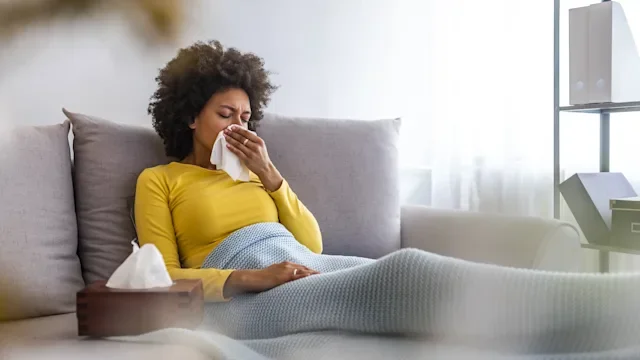Key takeaways:
There’s no cure for the common cold, but there are plenty of home remedies people swear by.
Many people emphasize that hydration can help alleviate symptoms.
Some say herbal supplements such as echinacea can help stop a cold in its tracks.
There’s no cure for the common cold, but most people have developed their own plan of attack for when they get sick.
Every year, millions of people in the U.S. get a cold. Adults average two or three per year, and children get them even more frequently.
While most people recover in a week to 10 days, colds can sometimes lead to serious illness, such as pneumonia,
Search and compare options
Hydration, rest, healthy foods, and certain herbs and supplements are common tools people turn to in order to snuff out their colds. Three people shared their methods with GoodRx.
Her home remedy is full steam ahead
Bracha Goetz, a 67-year-old children’s book author in Baltimore, says she relies on steam to knock out cold symptoms.
“If I feel a cold coming on, I turn on the urn and I put my head above it and steam,” she says.
“It’s that intense steam like a person would get in a steam bath. Going in the shower is not enough.”
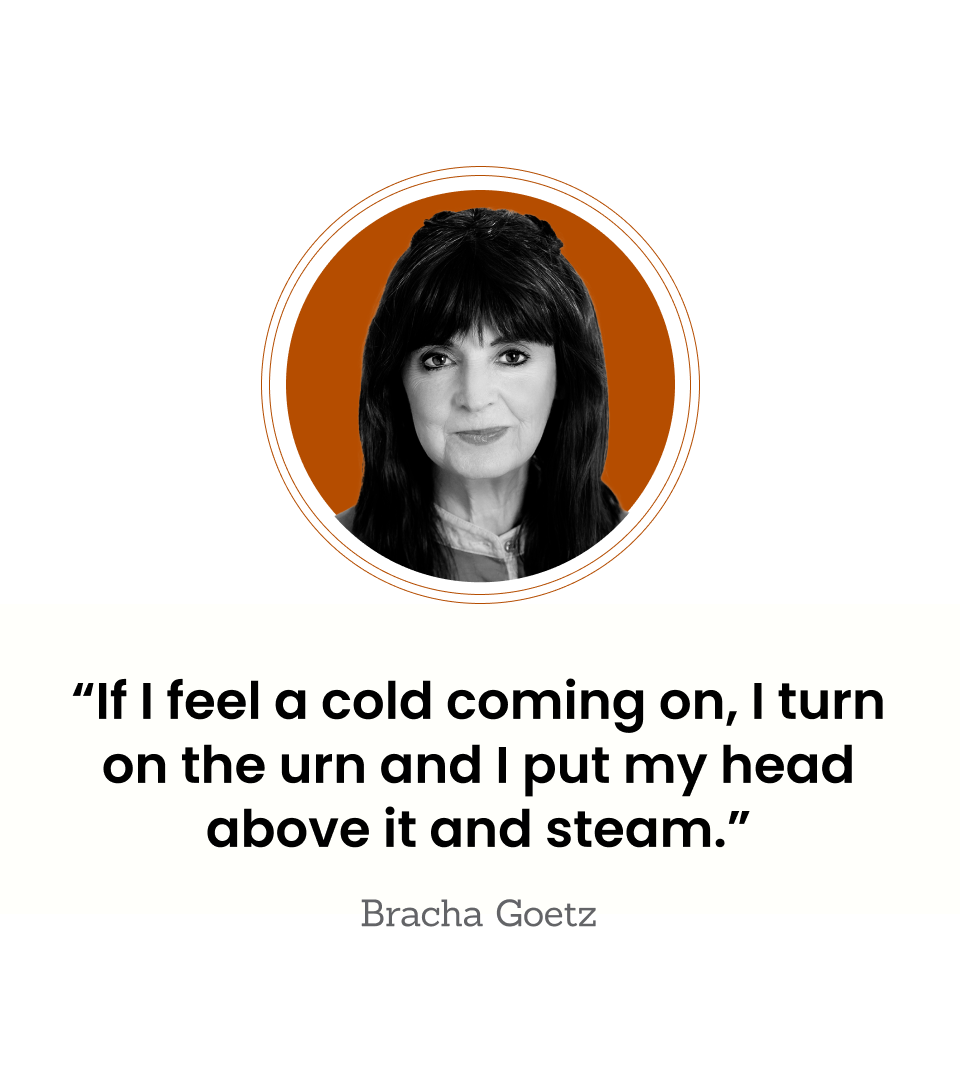
Bracha says she was highly susceptible to colds until she started steaming several times a day at the beginning of the pandemic. Before that, her colds would often turn into a sinus infection, and she could be sick for weeks.
Now, she says, “I don’t get colds anymore, which is such a huge transformation for me.”
- Promethazine DMGeneric Pherazine DM
- Bromfed DMBrompheniramine/Dextromethorphan/Pseudoephedrine
- HyosyneHyoscyamine
She says she has also had some success with vitamins and supplements, “but nothing gets rid of it like this,” she says.
Rest, veggies, and hydration
Ryan Brevard, MD, a 50-year-old emergency medicine physician in Portland, Oregon, uses a three-pronged attack.
First, he makes sure to give himself time to sleep and rest, he says. Then, he eats leafy greens, such as spinach, and foods high in antioxidants, such as blueberries and ginger. He ramps up his consumption of fruit and veggie smoothies when a cold strikes.
“Hydration is important, whether it’s eating fruit or drinking just plain water,” he says.

Ryan recommends buying electrolyte drops and adding them to a glass of water.
“When you do that, you have ownership in that and you will finish that water,” he says. “A lot of us pour a glass of water and don’t finish it.”
He also says using a straw also helps him drink the whole glass.
Combatting the common cold with echinacea
Khristee Rich, a 49-year-old writer in Ridgefield, Connecticut, says she doesn’t take any medication when she has a cold but relies on natural remedies instead.
Khristee, who advocates for women’s health and holistic healing on her website, says she very rarely gets colds, which she attributes to eating very little sugar and regularly taking a green sea algae, chlorella, which she puts in smoothies.
If she does get a cold, though, she relies on the herbal supplement echinacea to relieve symptoms. She likes the liquid formulation better than the capsule. She says it gives faster results, and she doesn’t like taking pills in general.
She buys the children’s formulation of liquid echinacea, because it’s alcohol-free, but she takes it at the adult dose.

“Within a few days of taking [echinacea], it will knock a cold out,” she says.
What does the doctor say?

Patricia Pinto-Garcia, MD, MPH
Medical Editor
Science will probably never find a cure for the common cold.
But people have tried just about everything to get rid of one.
And while leeches and mustard plaster have fallen by the wayside, there are time-honored cold remedies that really can help you feel better.
Chicken soup and tea do double duty by keeping you hydrated and offering a source of steam, which soothes inflamed nasal passages. Zinc supplements can also help fight off colds. And over-the-counter cold and flu medications can ease cold symptoms temporarily. While none of these things will cure your cold, they can help you feel better while you wait for your immune system to fight off the virus that’s causing your symptoms.

Why trust our experts?




